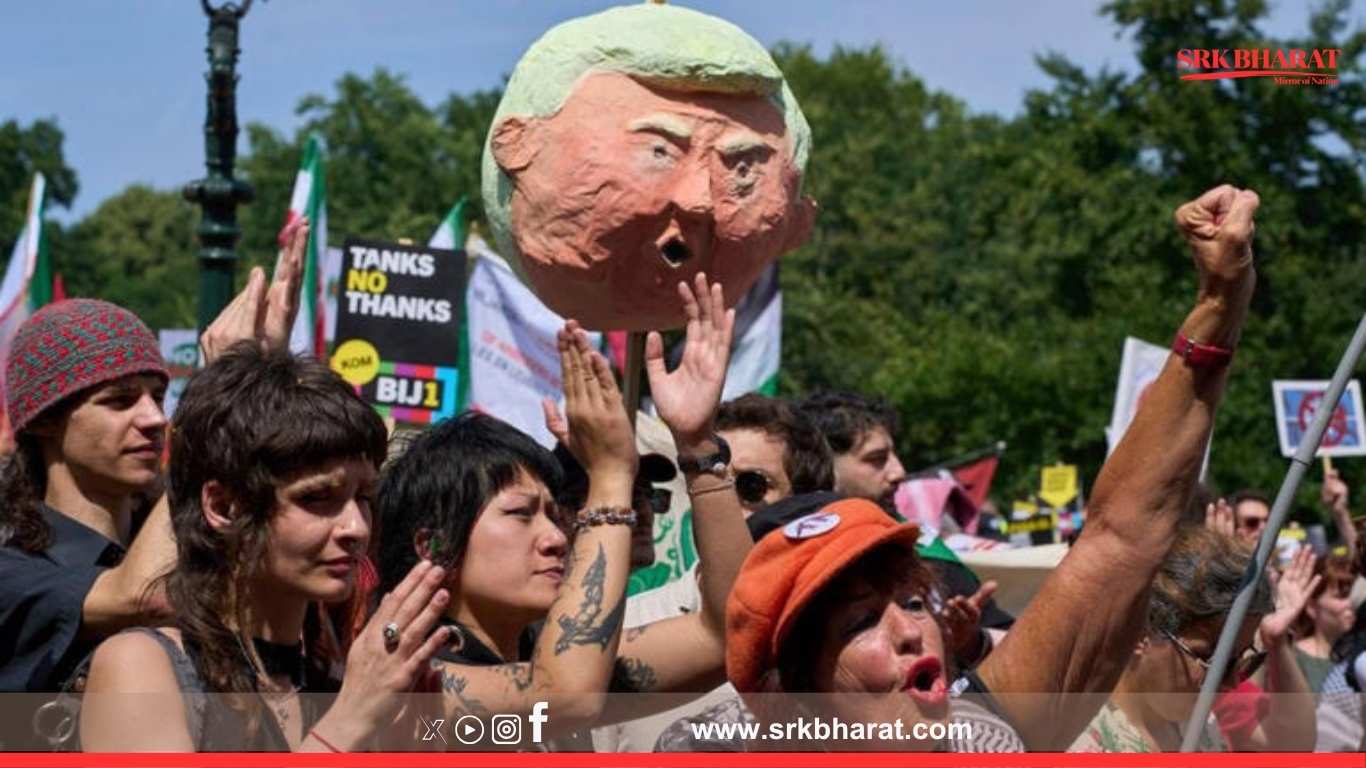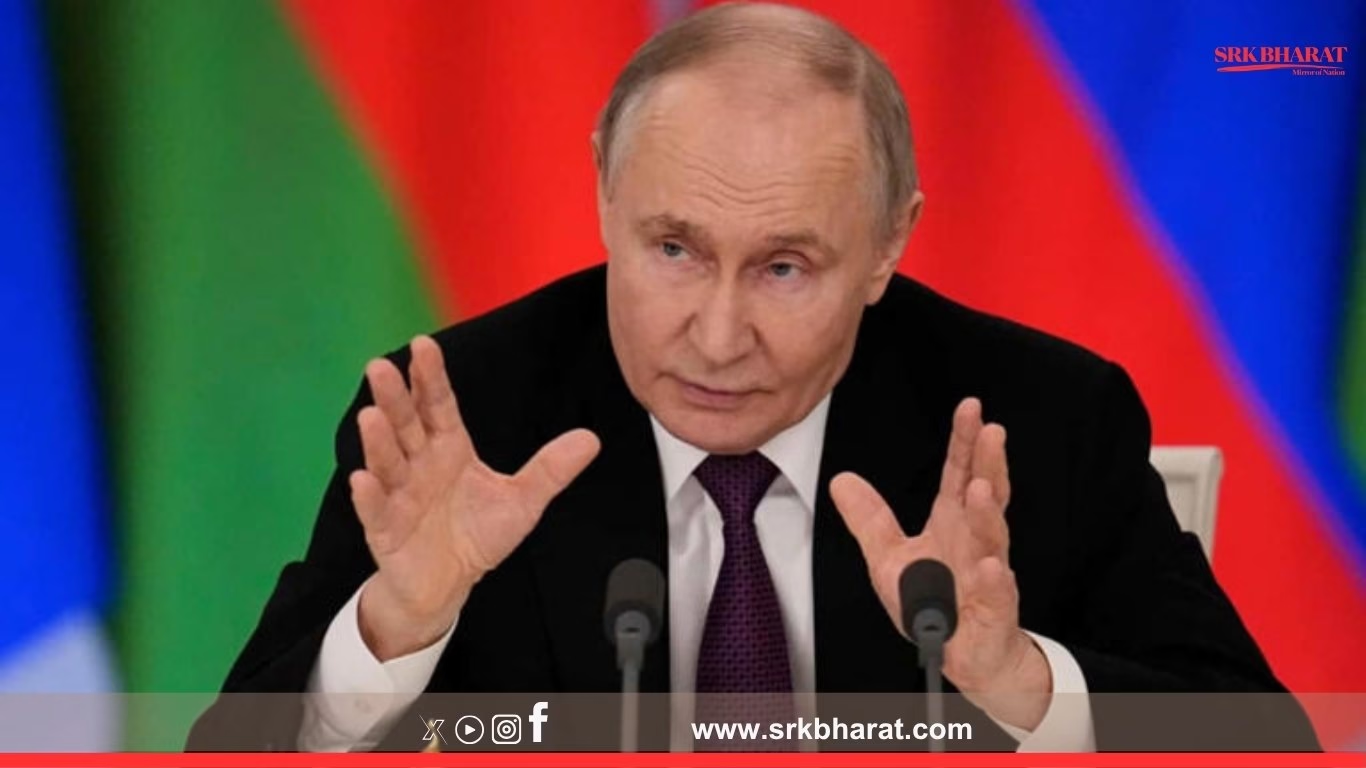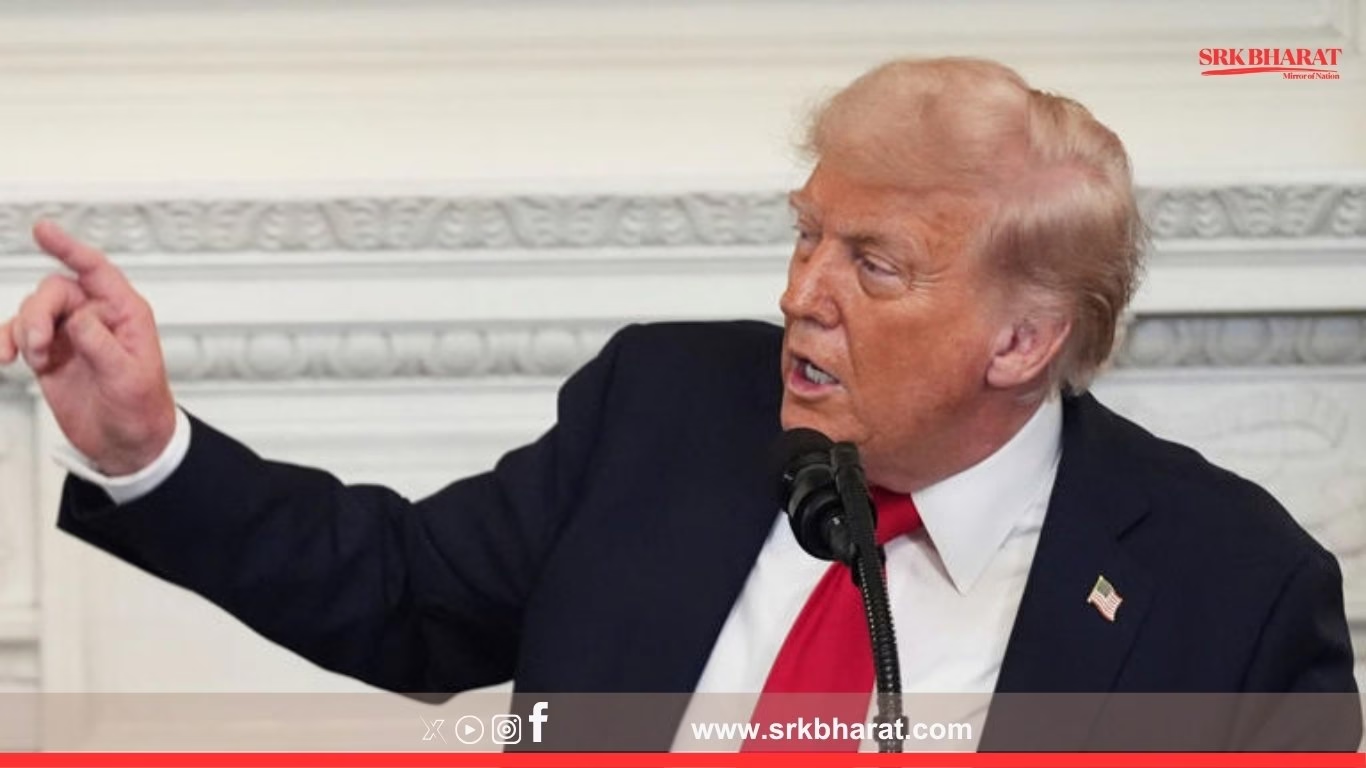In a stunning turn of events following last week’s preemptive strike on Iran’s nuclear facilities, President Donald Trump now faces fierce criticism from prominent lawmakers for allegedly misleading the American people. Critics argue that his unilateral military action—executed without the formal backing of Congress—is a dangerous echo of past errors that led to disastrous conflicts.
Accusations of Misleading the Public
Senator Bernie Sanders was one of the most vocal critics, stating that the administration’s justification for the bombing was steeped in historical falsehoods. “The American people are being lied to again today,” Sanders said, warning that the same deceptive practices that precipitated the Vietnam War and the 2003 Iraq invasion must not be allowed to repeat themselves. He stressed, “We cannot allow history to repeat itself,” highlighting that misrepresentations in times of war can lead to catastrophic loss of life and long-term geopolitical instability.
Unilateral Military Action and Its Risks
Trump’s decision to launch the strikes targeting key nuclear sites in Iran was touted as a necessary move to curb Tehran’s nuclear ambitions. However, critics argue that the failure to obtain Congressional approval not only undermines democratic accountability but also risks escalating tensions in an already volatile Middle East. Analysts fear that the administration’s one-sided approach could open the door to further military interventions based on questionable premises.
Historical Parallels and Political Fallout
The controversy surrounding the bombing has rekindled memories of previous conflicts where misleading information misled the public into costly wars. Critics maintain that relying on unverified intelligence to justify significant military actions sets a dangerous precedent. “Lies and half-truths in matters of national security can lead us down a path we might never be able to reverse,” noted several senior political figures, drawing parallels with the legacy of past administrations that faltered on similar grounds.
What’s Next for U.S. Foreign Policy?
As the immediate effects of the strike unfold, the debate continues over the ethical and constitutional foundations of such actions. The administration defends its actions as within the president’s Article II powers, while opposition lawmakers are demanding a full investigation and a reexamination of extending executive authority without explicit legislative consent. The unfolding situation not only raises questions about current U.S. foreign policy but also intensifies the ongoing debate about preserving democratic oversight in times of crisis.
🔁 Share this article to stay informed on the evolving U.S. military strategy and the political repercussions of Trump’s unilateral actions.











